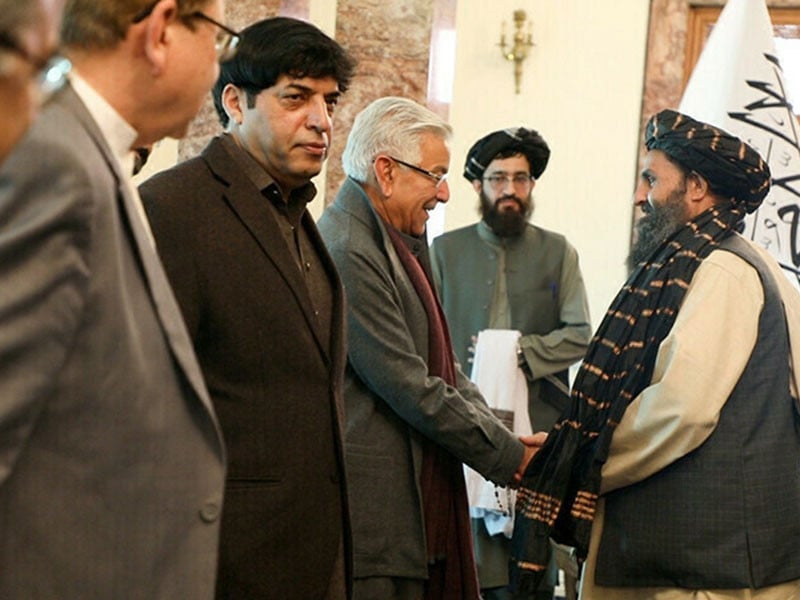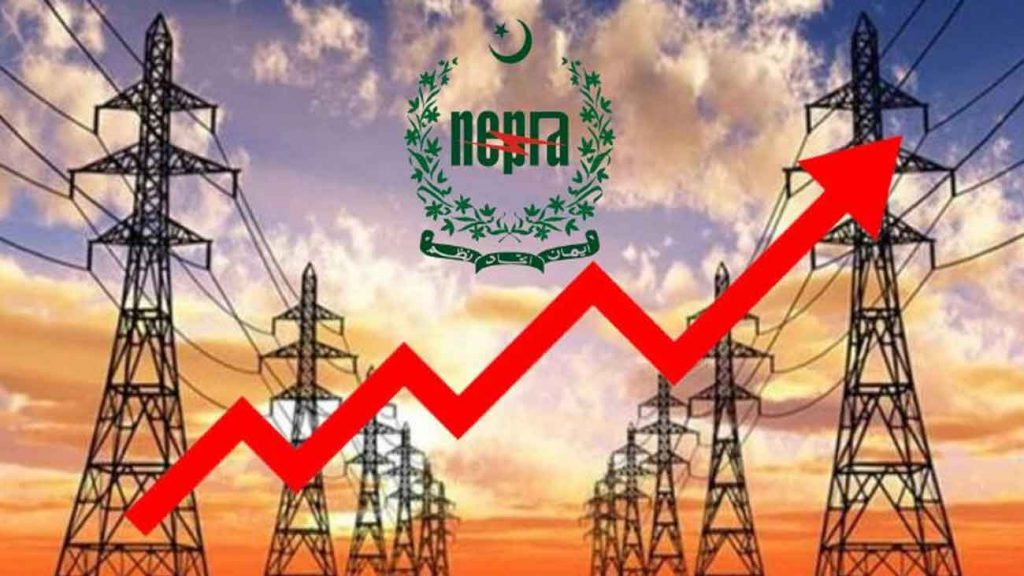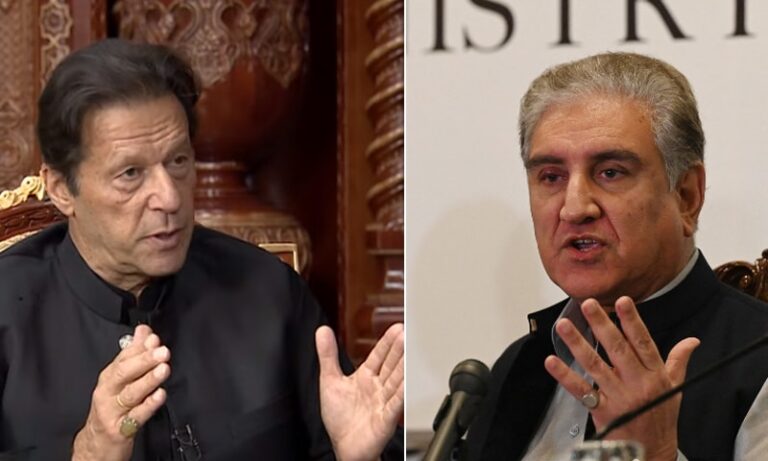Editorial:
The term is symbolic and refers to a traditional proclamation made following the accession of a new monarch in various countries. The seemingly contradictory phrase simultaneously announces the death of the previous monarch and assures the public of continuity by saluting the new monarch. It manifests that institutions do not die. Then, persons holding the crowns die only. The institutions are like rivers that always flow; the persons are like boats that come and go.
The retirement of a chief of army staff in Pakistan is an expression of the idiom explained above. Then, the COAS is no less than a monarch in the power labyrinth of the state in Pakistan. COAS is not a person but an institution in Pakistan. He represents and commands the interests of the institution. Critics attribute that the interests of the institution range from corporate orientation to purely military expeditions. Hence, interests are the supreme motive of the cause of military representation.
The appointment of a COAS is the only practical prerogative of the chief constitutional executive of the country. Then, the reliance of the COAS on the political executive shifts entirely from the strength of the political executive to the institutional power. The next moment the chief executive exercises his control of appointment, the COAS becomes the most influential person in Pakistan. It happens because the de-facto powerhouse is far more authoritative than the de-jure composition of the power. Therefore, politicians should not celebrate the appointment of a new COAS because the strength of a newly appointed COAS is independent of the chief political executive; rather, it depends on the institution itself.
The political parties are not institutions in Pakistan. Therefore, political leaders do not enjoy the strength of political parties. This proposition psychologically impacts the political leaders; consequently, they imagine that COAS is also like a dynasty king of the institution of the army. Hence, they believe that sidelining a particular COAS will pave the way for their political interests. However, this is not the case; COAS shall only protect and further the army’s interests. Then, if the interests of the political leader and those of the army clash, the COAS will not only protect the army’s interests but also give a thumping rout to the politician.
Politicians must understand that it is the institutional interests that matter only. Politicians should not favour their political interests but those of democracy, the rule of law and representation. Politicians must guard the institution of democracy. They will remain irrelevant as long as they do not build their institution of democracy. No general will serve them. Generals will serve their institution only and that too out of pride, obligation and honour.
How long will politicians keep relying on the power of generals in Pakistan? They expect generals to exercise their de-facto power to bring them into power. It creates a democratic vacuum. According to Pakistan’s constitution, the institutional role is the only way forward. Are politicians ready for it? The solution is the institutional shift from de-facto to de-jure positions.
Politicians should work for the supremacy of the institutions, not the persons. They require better consensus among themselves. The institution of democracy hinges upon the political and democratic endeavors of politicians. Therefore, politicians should work for the constitutional role of the army rather than betting upon generals of their own choice.

















































